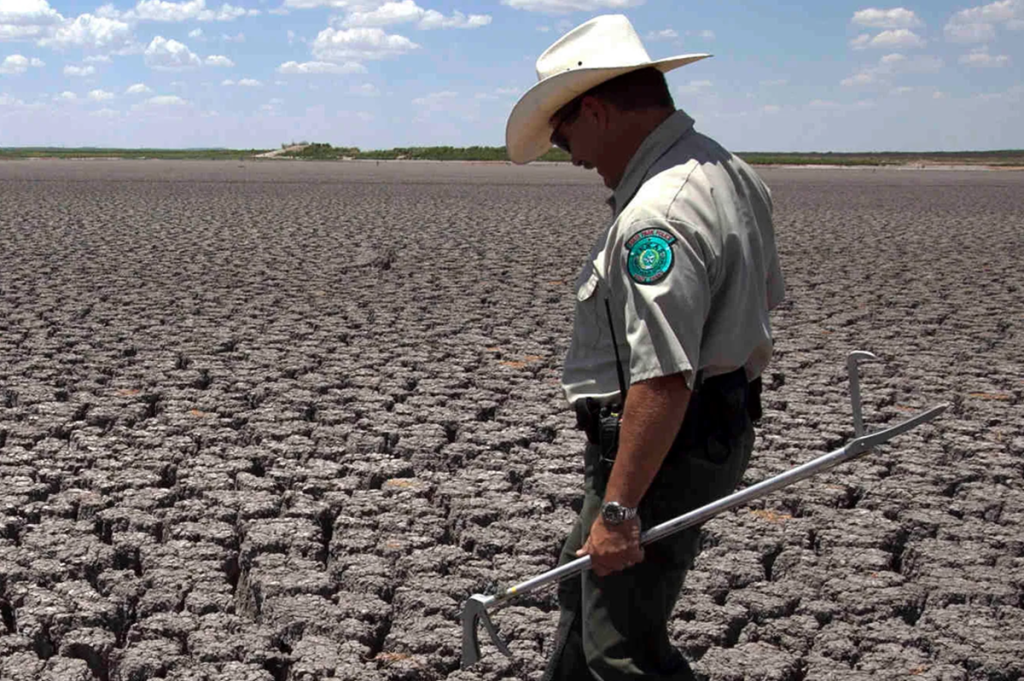The World Meteorological Organisation (WMO) has reported that African nations lose up to 5% of their Gross Domestic Product GDP yearly due to climate change.
According to the report, many African nations spend up to 9% of their budgets on climate adaptation policies.
“Over the past 60 years, Africa has observed a warming trend that has become more rapid than the global average,” said WMO Secretary-General Celeste Saulo, warning that it is affecting everything from food security to public health to peace.
Despite being responsible for less than 10% of global greenhouse gas emissions, the WMO reports that Africa is still the most vulnerable region to extreme weather events including heatwaves, floods and droughts.
The latest report is centred on 2023, which stands out as one of the three hottest years ever recorded in Africa.

It called on African governments to prioritise investments in early warning systems and meteorological services. If sufficient measures are not implemented, the report cautioned that as many as 118 million Africans could face exposure to droughts, floods, and extreme heat by 2030.
In sub-Saharan Africa, the projected cost of adapting to extreme weather conditions could reach $30-50 billion annually over the next ten years, according to the report.
The impacts of climate change have been devastating. Between September and October 2023, floods affected around 300,000 people across West Africa. Additionally, Zambia witnessed its most severe drought in 40 years, impacting nearly 6 million individuals.
According to experts, the trend of extreme weather events in Africa continues into 2024.
In the Sahel region located south of the Sahara, more than 716,000 people have been affected by flooding this year, as reported by the United Nations. Meanwhile, in Mali, authorities announced a national disaster due to floods that have affected 47,000 people since the start of the rainy season.
Earlier this year, West Africa experienced an unprecedented heatwave that resulted in a significant rise in fatalities.


